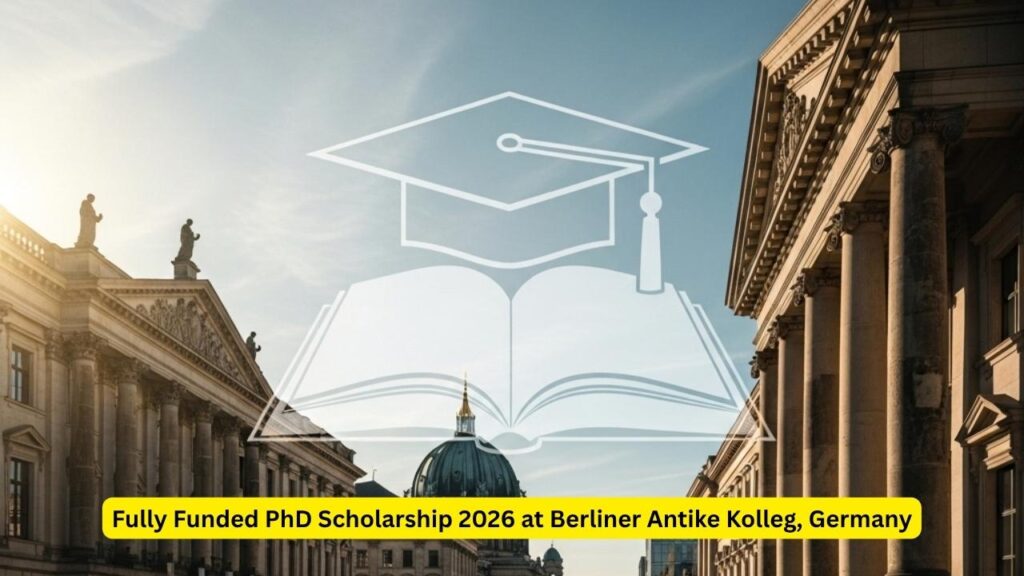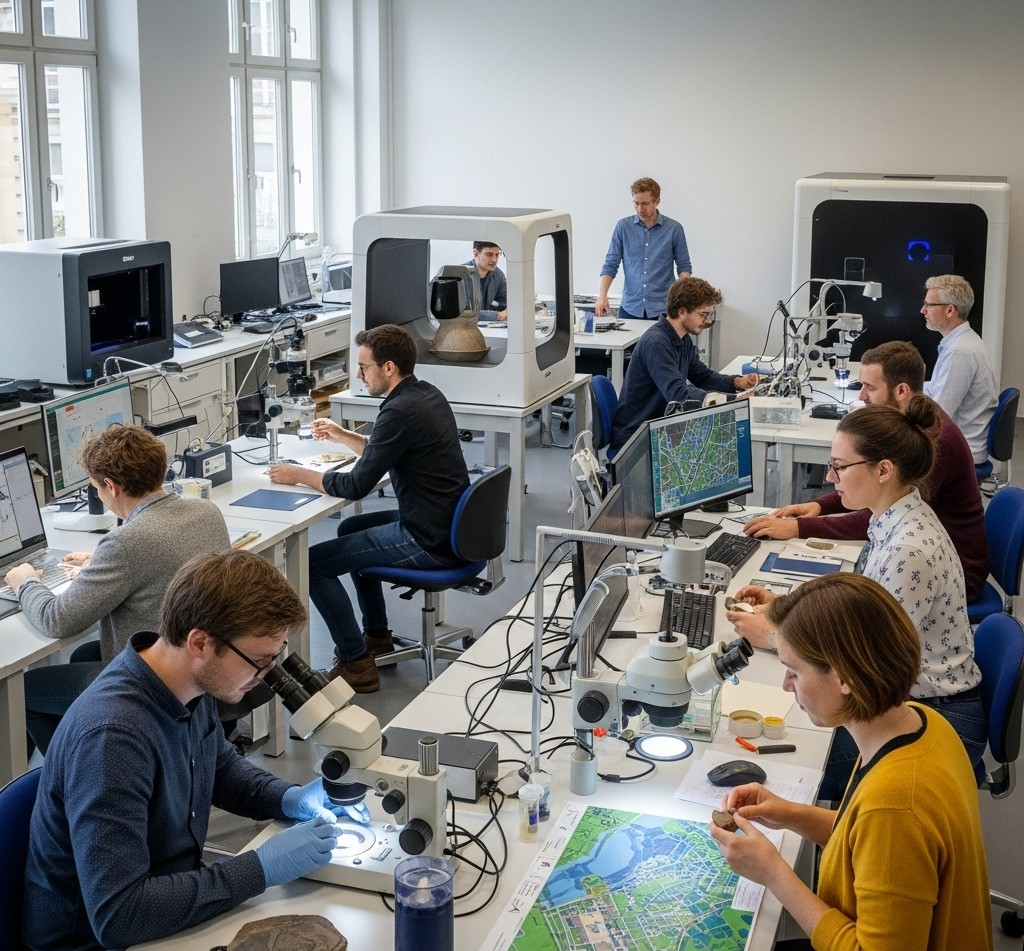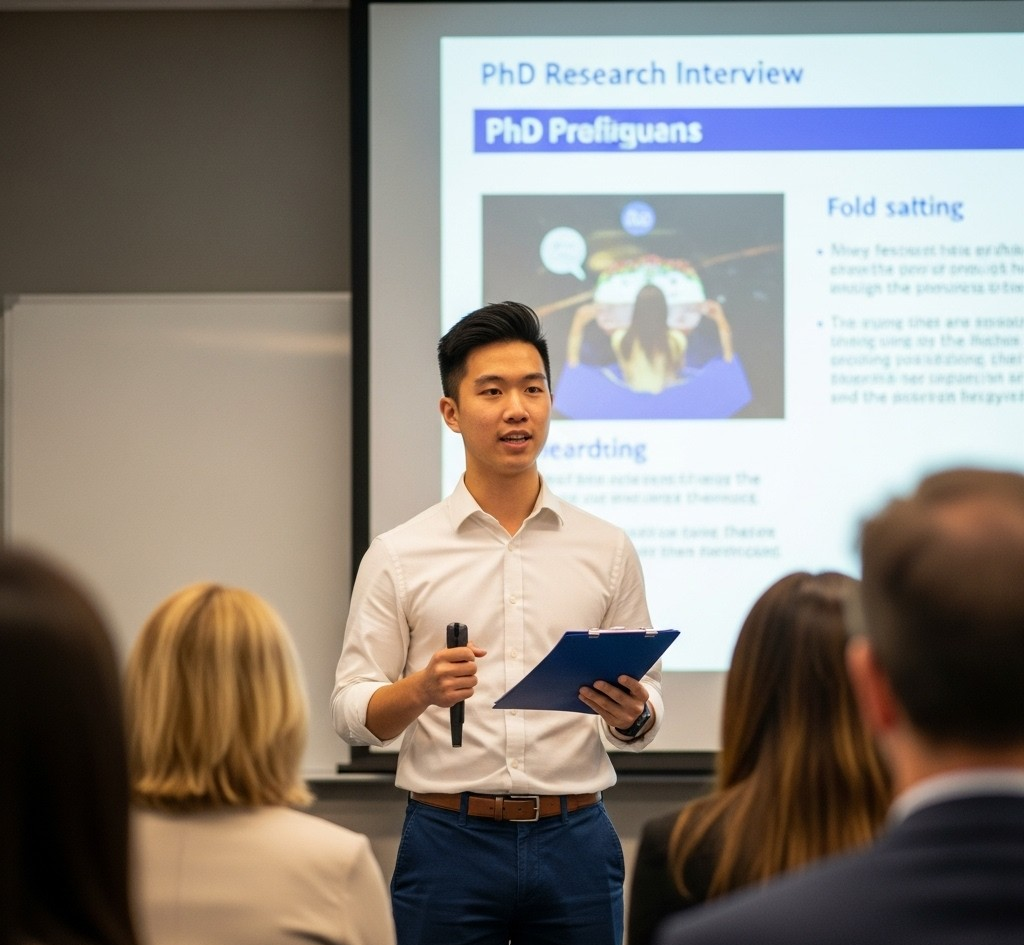Are you a highly motivated graduate with a passion for ancient studies, dreaming of taking your research to the next level in one of Europe’s most vibrant academic hubs? The Fully Funded PhD Scholarship 2026 at Berliner Antike Kolleg, Germany, presents an extraordinary opportunity. This comprehensive guide will walk you through everything you need to know to successfully navigate the application process, offering practical, encouraging advice to help you achieve your doctoral aspirations.

Unveiling Your Path to a German PhD: The Berliner Antike Kolleg Opportunity
Securing a fully funded PhD position can transform your academic trajectory, opening doors to unparalleled research opportunities, expert mentorship, and a rich international network. The Berliner Antike Kolleg (BAK), through its Berlin Graduate School of Ancient Studies (BerGSAS), offers a prestigious scholarship for doctoral studies in 2026.1 This isn’t just about financial support; it’s about joining a world-renowned intellectual community dedicated to unraveling the complexities of the ancient world.
Fully Funded PhD Scholarship at Berliner Antike Kolleg
| Key Fact | Detail/Statistic |
| Program Title | Various doctoral programs under BerGSAS, including “Ancient Languages and Texts,” “Ancient Objects and Visual Studies,” and “Landscape Archaeology and Architecture.” Berliner Antike-Kolleg Official Website |
| Funding Body | German Academic Exchange Service (DAAD-GSSP) |
| Scholarship Duration | Four years (October 2026 – September 2030), subject to annual progress review. |
| Monthly Stipend | €1,300, plus travel allowance, insurance, and study/research allowances. |
| Application Deadline | October 15, 2025, 00:00 CET DAAD – Freie Universität Berlin Listing |
Understanding the Berliner Antike Kolleg and its Doctoral Programs
The Berliner Antike Kolleg is a collaborative initiative of leading research institutions in Berlin, focusing on cutting-edge research in ancient studies.Its graduate school, BerGSAS, offers five interdisciplinary doctoral programs designed to immerse students in the written heritage, material culture, philosophical traditions, and environmental aspects of ancient cultures.
Research Areas and Opportunities
- Ancient Languages and Texts (ALT): This program delves into the written heritage of ancient cultures, from literary works to inscriptions and papyri. It combines traditional philological methods with historical and cultural questions.
- Ancient Objects and Visual Studies (AOViS): Focusing on ancient artifacts, this program explores their conservation, archiving, museological presentation, and digital preparation. A key aspect is the study of “images” as a medium of communication in antiquity.
- Ancient Philosophy and History of Ancient Science (APhil/HistAS): Dedicated to ancient philosophy and the specialized sciences developed in the ancient Mediterranean, this program examines their interrelationship, historical context, and later impact.
- Landscape Archaeology and Architecture (LAA): This program centers on research fields like landscape archaeology and building history, focusing on methods for modeling and reconstructing ancient structures and landscapes.
- Languages and Cultures of the Silk Road (Silk Road): Doctoral students in this program explore philological phenomena and questions from archaeology, religious studies, and cultural studies related to the ancient Silk Road.

Eligibility: Are You the Ideal Candidate?
To be considered for this Fully Funded PhD Scholarship 2026 at Berliner Antike Kolleg, Germany, you’ll need to meet specific criteria. These are generally rigorous, reflecting the high academic standards of German institutions and the DAAD-GSSP funding:
- Nationality: This call is only open to applicants who are not German citizens and have not resided continuously in Germany before December 1, 2024. This ensures an international cohort of scholars.
- Academic Excellence: You must hold an excellent Master’s degree (MA, MSt, or MSc) in one of the relevant disciplines within Ancient Studies, or be very close to completion. “Very close to completion” means your Master’s thesis must have been submitted and already graded at the time of application. The Master’s degree should generally not have been completed before March 1, 2020.
- No Prior PhD: You must not have completed a PhD previously.
The Application Journey: Fully Funded PhD Scholarship 2026 Guidance
Applying for a fully funded PhD position requires meticulous attention to detail and a strategic approach. I’ve seen many successful applicants focus on thoroughly preparing each component of their application. Here’s how to navigate the process for the Berliner Antike Kolleg scholarship:
- Find Your Supervisor: This is arguably the most crucial initial step. Before applying to the scholarship itself, you need to identify a professor at either Freie Universität Berlin or Humboldt-Universität zu Berlin whose research aligns with your proposed PhD project and who is willing to supervise your dissertation. Reach out to them with a brief, concise email introducing yourself, your academic background, and your research interests, attaching your CV and a very short outline of your project. A strong letter of confirmation from your potential supervisor is a mandatory application document.
- Tip: Research their publications, current projects, and departmental interests to demonstrate your genuine understanding and fit.
- Prepare Your Documents: Gather all necessary documents well in advance of the deadline. This typically includes:
- Motivation Letter: A compelling 1-2 page letter explaining your academic and personal reasons for pursuing a PhD in Germany, specifically at Berliner Antike Kolleg, and how your project aligns with the chosen doctoral program. Highlight your experience in your research field and what you hope to gain.
- Curriculum Vitae (CV): A detailed tabular CV (max. 3 pages) outlining your academic history, publications (if any), research experience, and relevant skills.
- Research Proposal (Exposé): This is the core of your application. It should be a comprehensive and detailed description of your research project (max. 10 pages). This includes a clear title, state of research, aim/main research question, methodology, and materials/evidence you plan to use. This proposal must have been discussed and agreed upon with your academic supervisor.
- Academic Transcripts and Degree Certificates: Copies of your Bachelor’s and Master’s degrees, with grades, and an explanation of your home university’s grading system.
- Letters of Reference: Two confidential letters of recommendation from university professors, ideally one from your Master’s thesis supervisor, sent directly by the professors to the Berliner Antike Kolleg.
- Language Certificates: Proof of English proficiency (IELTS/TOEFL) and any German language certificates if applicable.
- Supervisor’s Confirmation: A letter from your potential academic supervisor in Germany confirming their willingness to supervise your doctoral thesis.
- Declaration on Ethical Aspects: A declaration from your scientific supervisor in Germany regarding safety-relevant and ethical aspects of your research project.
- Submit Your Application via the BerGSAS Portal: Applications for the 2026 intake must be submitted via the BerGSAS application portal by October 15, 2025, 00:00 CET. It’s crucial to register on the portal, create a personal account, and meticulously fill out the application form, uploading all required documents. You can save your application and return to it later, but ensure it’s complete and submitted before the deadline. Late or incomplete applications will not be considered. Remember to quote the correct reference number for the specific doctoral program you are applying to (e.g., 2026-ALT-BerGSAS-GSSP for Ancient Languages and Texts).
- Interview Stage: Shortlisted candidates will be invited for an online interview within two months of the application deadline.This is your chance to articulate your research passion, demonstrate your understanding of the program, and show your suitability for doctoral studies.

A Quick Tip on Timing: The DAAD-GSSP scholarships often have deadlines in the autumn of the preceding year. For a start in October 2026, the October 2025 deadline for Berliner Antike Kolleg aligns perfectly. Begin preparing your application documents, especially your research proposal and supervisor outreach, at least 12-15 months before the deadline.
Think of your application as a narrative. Every document should contribute to telling a compelling story of why you are the ideal candidate for this specific program and why your research matters.
The Killam Postdoctoral Research Fellowship 2025
Heidelberg University Extends Hans-Peter Wild Talent Scholarships: Deadline to August 15, 2025
FAQ
Q1: What is the BerGSAS doctoral program, and what fields does it cover?
A1: BerGSAS (Berlin Graduate School of Ancient Studies) is an umbrella organization for five interdisciplinary doctoral programs at the Berliner Antike Kolleg.18 It covers a wide range of fields in ancient studies, including Ancient Languages and Texts, Ancient Objects and Visual Studies, Ancient Philosophy and History of Ancient Science, Landscape Archaeology and Architecture, and Languages and Cultures of the Silk Road.
Q2: Do I need to speak German to apply for this scholarship?
A2: While many doctoral programs at Berliner Antike Kolleg are conducted in English, you will generally need to provide proof of English language proficiency (e.g., IELTS or TOEFL at B2 level, with C1 often preferred for university admission). While not always mandatory for the scholarship itself, having some German language skills is highly recommended for daily life in Berlin and for deeper integration into the academic and social environment. Financial support for a pre-sessional German language course is often part of the scholarship benefits.
Q3: How important is finding a supervisor before applying?
A3: Finding a supervisor is extremely important and a mandatory part of the application process. You need a letter of confirmation from a professor at either Freie Universität Berlin or Humboldt-Universität zu Berlin who agrees to supervise your doctoral dissertation. This demonstrates the viability and academic alignment of your proposed research project. Start this outreach process well in advance.










